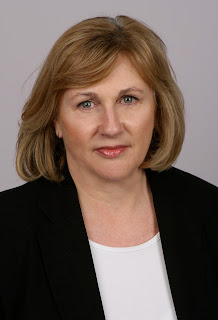The Local Government Ombudsmen, LGO, has reported a 24 per cent rise in complaints and enquiries about adult social care 2011/12. In their Annual Report 2011/12 – Delivering public value, complaints and enquiries rose from 1,820 in 2010/11 to 2,256 in 2011/12.
In one case a disabled man had to wait 18 months for a walk-in shower to be installed. The Ombudsman recommended that the council review its arrangements with registered social landlords for processing disabled facilities grants.
In another the LGO found that care provided for an elderly man who lived on his own was poor and inconsistent – and there were at least five days when no care was provided at all. The care provider apologised, paid compensation, and put new procedures in place.
The LGO considers complaints from service users of all types of adult social care – whether they pay for their own care or use money provided by a council, whether the care provider is a council or a private business, and whether they receive services in a care home, their own home or somewhere else, such as a day centre.
The LGO’s new free leaflet, How to complain about a care home or care in your home, explains what to do if someone has a complaint about adult social care.
Dr Jane Martin, Local Government Ombudsman and chair of the Commission for Local Administration in England, the governing body for the LGO scheme, said: “The case studies in our annual report show that the Ombudsman can resolve complaints which affect the day-to-day experience of citizens – but many of the complaints should not have come to us in the first place and we are doing more to feed back lessons learned to councils and other bodies in jurisdiction to improve public administration and local public services.”
Dr Jane Martin, Local Government Ombudsman and chair of the Commission for Local Administration in England




